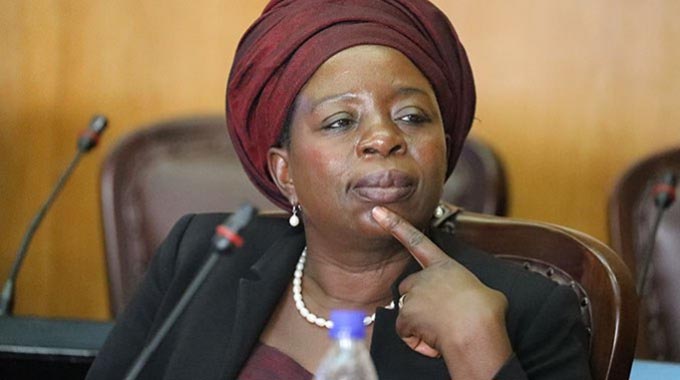Agriculture, manufacturing value chain key to import substitution: Nzenza

Oliver Kazunga, Senior Business Reporter
GOVERNMENT is working on the agriculture recovery plan to boost output and increase the much-needed raw materials supply to the manufacturing sector, a Cabinet Minister has said.
One of the major factors stifling growth of the manufacturing sector is shortage of raw materials, including agro-linked raw materials.
Many companies are being forced to import raw materials and this is adversely affecting the pricing of finished products which then become uncompetitive compared to imported products.
Responding to questions in Parliament on Wednesday, Industry and Commerce Minister Dr Sekai Nzenza said her ministry was looking at import substitution.
“In doing so we are working quite closely with the Ministry of Agriculture to look at the agriculture recovery plan with a view to increasing the production of raw materials for the manufacturing sector.This requires different line ministries to work together in order to meet the Presidential mandate towards increased employment, import substitution, innovation with the Ministry of Higher Education so that our vision will become true,” she said.
Dr Nzenza said Government through her ministry was working on import substitution strategy. “Within the strategy, we are looking at the low-hanging fruits and these are key priorities and one of them is looking at the pharmaceutical industry and the second one is looking at the fertiliser industry. What you will see this coming season is production of fertiliser locally as opposed to importing it,” she said.
Dr Nzenza acknowledged that the market has witnessed a continuous increase in prices of basic commodities which prompted Government, industry and retailers to meet in April in an attempt to address the challenge.
She said the stakeholders agreed in good faith to put a moratorium on price increases but unfortunately businesses continued to hike prices.
“I would like to admit that it was not as effective as we thought it would be. The major problem is that we are struggling with the exchange rate, we need to stabilise the economy and that is also impacting on the prices. The other problem is that we do have some difficult people who are not so sympathetic to the consumer and we’re appealing to those who are continuously raising prices to be sensitive to the plight of their customers,” she said.
The Reserve Bank of Zimbabwe, three weeks ago introduced a weekly Foreign Currency Auction Trading System replacing the fixed exchange rate.
The foreign currency auction is meant to stabilise the exchange rate which was being determined by the parallel market.
This week the Zimbabwe dollar is trading at 65,8 against the green back and since the auction came into effect, the parallel market rates have also stabilised and in some cases have come down. — @okazunga.











Comments